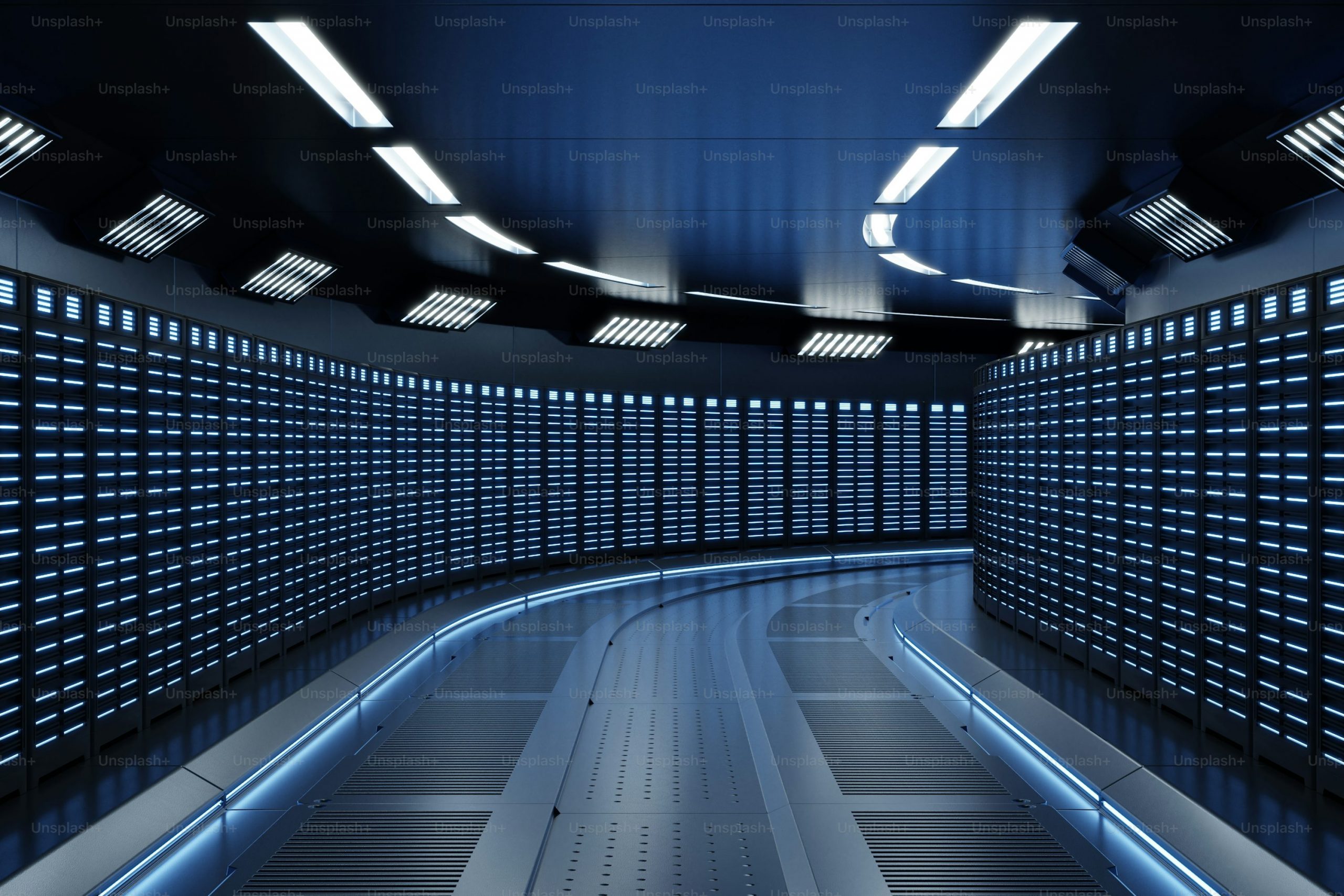Indiana is quickly becoming one of the nation’s hottest battlegrounds in the race to build data centers — massive facilities that store and process the cloud-based information powering everything from artificial intelligence to online shopping.
According to state and industry data, around 70 to 75 data centers are currently in operation statewide, with the heaviest concentration in Indianapolis, Fort Wayne, and South Bend. Indianapolis alone accounts for roughly 30 facilities, while Fort Wayne hosts 16 and South Bend 13. Most of these are colocation centers — buildings that lease secure space, power, and internet access to businesses and institutions rather than housing their own “hyperscale” operations.
But that’s just the start. Depending on who you ask, between 30 and 50 new data centers are being proposed across Indiana, from the I-65 corridor to the state’s northern tier. Watchdog groups such as the Citizens Action Coalition and reporting from Axios place the figure near 30, while other local sources say it could approach 50 as more projects quietly enter the permitting phase.
Major projects on the horizon though. Local and state officials say these projects promise billions of dollars in private investment and thousands of construction jobs, but they also raise new questions about water use, electrical demand, and farmland conversion—issues already stirring debate in counties such as Boone and Clinton.
Industry tracking site DataCenterMap lists eleven Indiana markets with at least one active data center:
Indianapolis, Fort Wayne, South Bend, Gary, Evansville, Columbus, Noblesville, Hammond, Jeffersonville, La Porte, and Portage. Many of those cities have positioned themselves as regional tech or logistics hubs thanks to lower power costs and proximity to fiber-optic routes.
Experts say Indiana’s central location, access to stable utilities, and comparatively low tax rates have made it an attractive alternative to more expensive data-center clusters in Chicago or Northern Virginia.
People are starting to think about local impacts and the road ahead. While Indiana leaders tout the economic upside, environmental and civic groups continue to push for greater transparency in how data-center tax incentives, zoning approvals, and water withdrawals are handled. Clinton and Boone Counties—both along the proposed I-65 tech corridor—have seen heated public meetings over projects that some residents say could strain aquifers or change the rural character of their communities.
With more proposals expected in the months ahead, Indiana now stands at a crossroads: whether to become a Midwestern data-center powerhouse, or to slow down and decide what kind of growth Hoosiers actually want.

